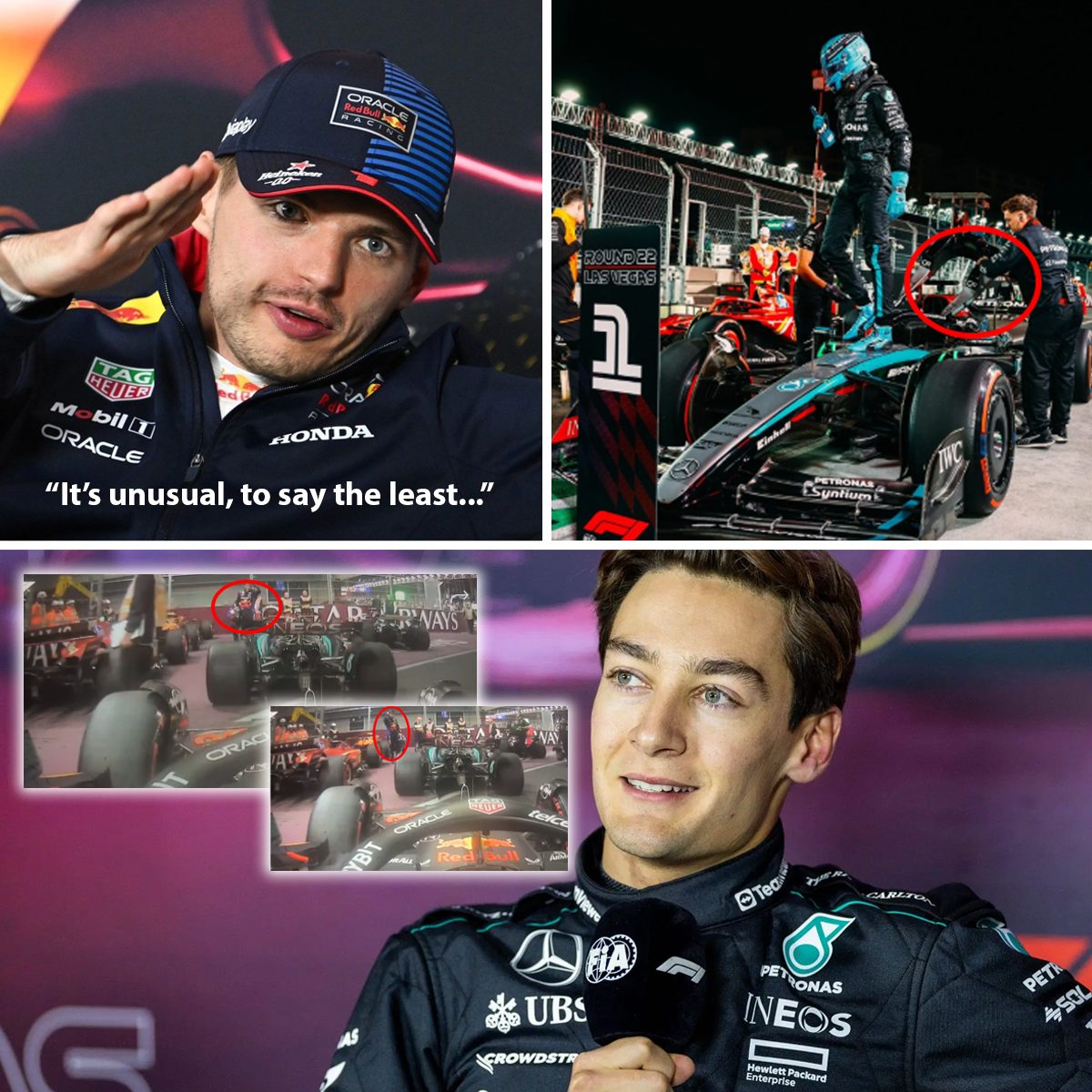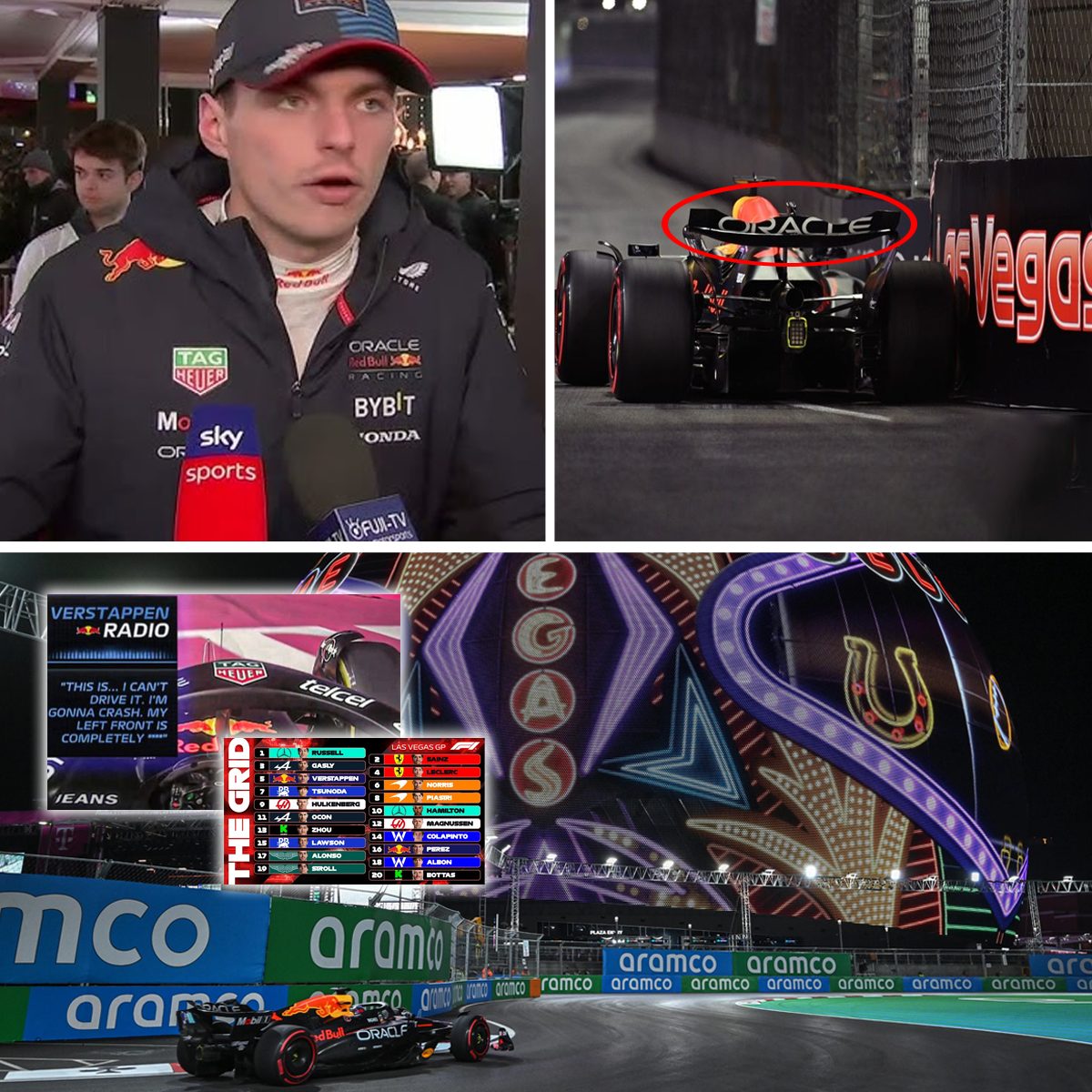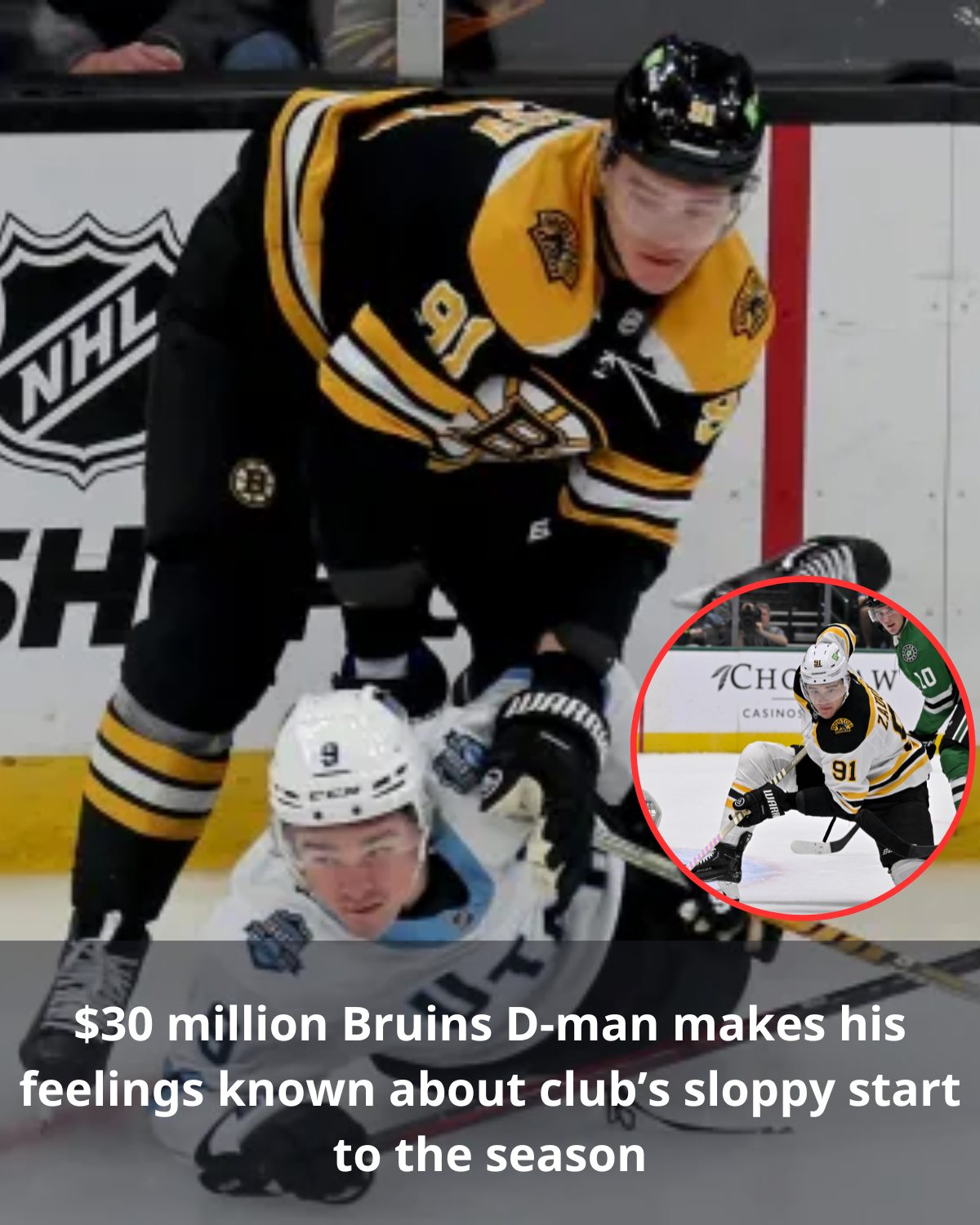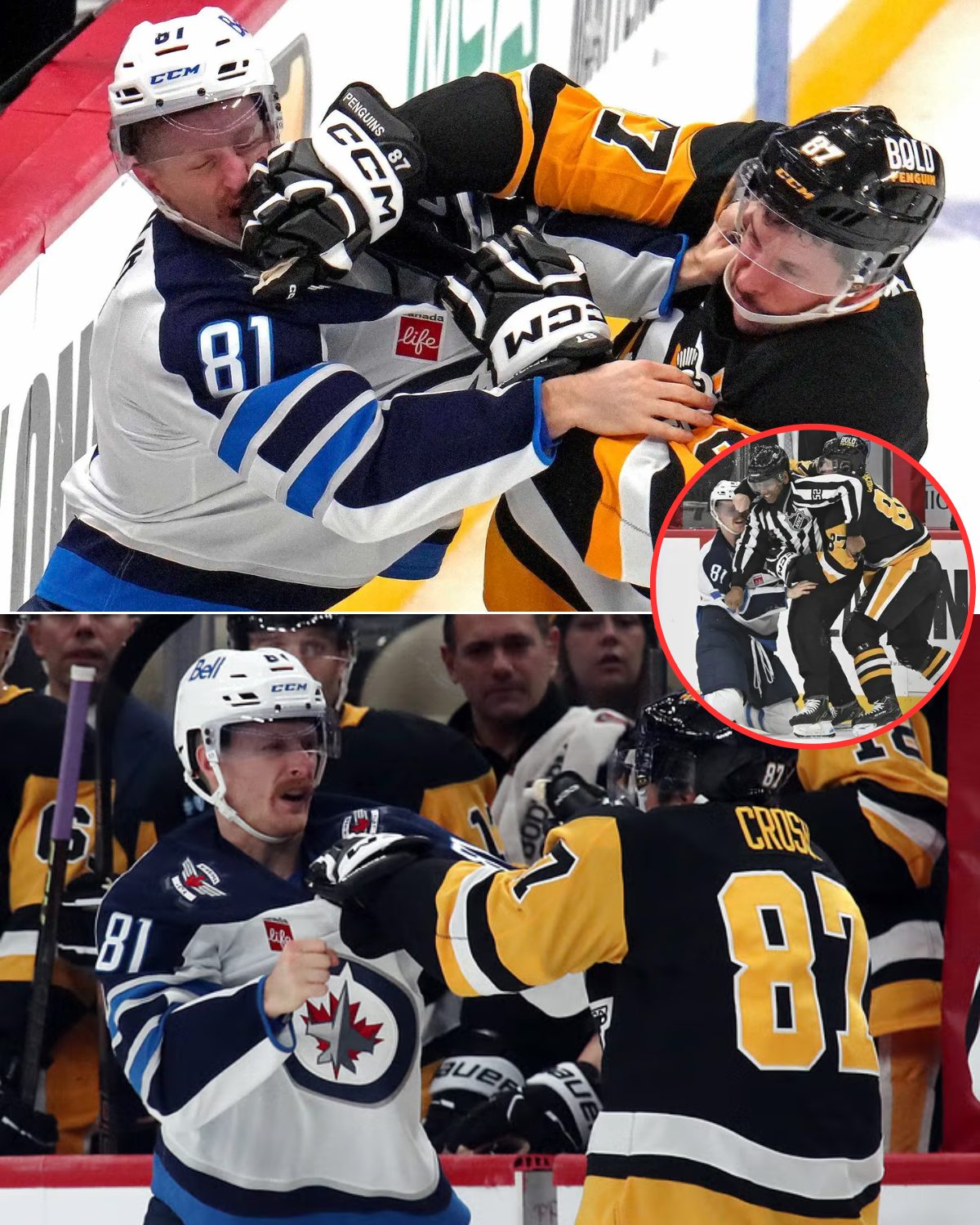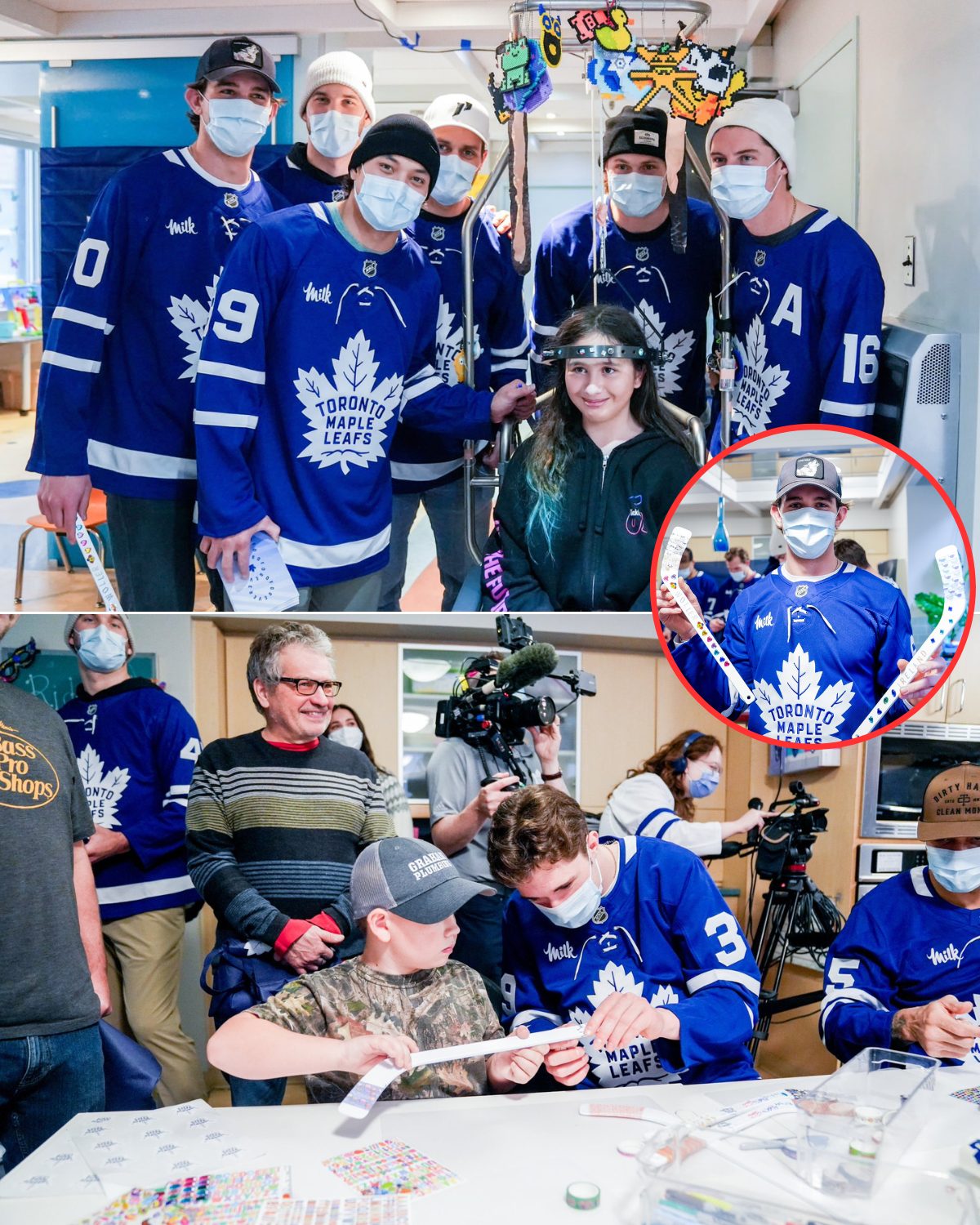In the wake of the Wallabies’ record loss to Los Pumas in Argentina, a trio of former internationals have urged Joe Schmidt to “open up and eat” the “can of worms” that has been stifling Australian rugby for years.
After snapping an eight-match losing streak in The Rugby Championship to start the month, the Wallabies got handed another reality check over the weekend as they copped a 67-27 loss to Los Pumas – the most points they have ever conceded in a Test.
The second-largest Wallabies losing margin of all time led to horror headlines worldwide. Making it all the worse was that they led 20-3 after 30 minutes.

The defeat has once again put Rugby Australia’s eligibility policy up in lights, with Japan-based Marika Koroibete the only foreign player included in Schmidt’s Wallabies squad.
It’s understood RA is open to more foreign-based players joining the Wallabies but hitherto Schmidt has wanted to test his options at home, believing the continuity from picking from home will ultimately pay off.
Some have pointed to the 61-22 whack the Wallabies copped under Greg Smith in 1997, which ultimately proved the turning point in the nation’s successful run to the 1999 World Cup two years later as Rod Macqueen took over.
But former Wallaby Stephen Hoiles said it was unclear whether history could be repeated.
“A lot of those players in the ’99 era, a lot of them refer to that as the turning point,” Hoiles said on the Between Two Posts podcast.
“The hardest part for Wallabies fans is we’re not going to know if this game was the line in the sand moment.”
Hoiles’ former Test teammate Morgan Turinui however said he was unconvinced it would be.

“I don’t think it’s a line in the sand moment,” he responded. “I think we’ve got a decade of work ahead of us, but we’ve got to build depth, build quality, build experience.”
Perhaps contributing to the Wallabies’ slide down the World Rugby rankings is that they, unlike some other top-tier nations like Argentina and South Africa, are reluctant to pick from abroad.
It’s something Hoiles said needed to be reconsidered.
“They’re the best 23 players in Argentina,” Hoiles said.
“Have we got the best 23 players in Australian rugby at the moment, or are some of them still based overseas? There’s a massive argument, it’s a can of worms but we’ve got to start considering it.
“We’ve always been about protecting Super Rugby because that’s our product. That product isn’t working for us at the moment and we’re not picking from overseas.
“I’m not saying one player in particular would make a huge difference, but Will Skelton, if you got him – South Africa, do it, Argentina, do it.
“We’re doing what New Zealand does. We’re not New Zealand. Just because the All Blacks keep the All Blacks in New Zealand rugby, we shouldn’t have to do what they do.”
Former Wallaby Nick Phipps added: “It’s not just the Will Skeltons, it’s the Matt Philips. He could be in your 23. There’s Matt Philip, Richie Arnold, Rory Arnold. I wouldn’t say they’re better than [Carlo] Tizzano and [Harry] Wilson, but the competition there, you’ve got four strong options to pick from. If one’s out of form, you’ve got three [more] strong options.”
Without listing all the overseas candidates, Hoiles said others, including Sean McMahon who hasn’t played in more than a year because of an injury, should be considered.
“Hand on heart, I reckon Liam Gill and Sean McMahon are still good enough to play for the Wallabies,” the former loose forward said.
“Just because they’re in Japan, they’re sight unseen. (Carlo) Tizzano’s been really good. But when you lose (Fraser) McReight – where’s our next three or four?”

He added: “Sean McMahon’s playing at the same level as (Springboks star) Kwagga (Smith), but we don’t even get a chance to look at Sean McMahon.”
Although the concept of building continuity and cohesion has been a principle floated, the success of the Springboks and Argentina’s rise in recent years, who have beaten the All Blacks on New Zealand soil on each of their past two tours despite picking extensively from abroad, has challenged that idea.
“It’s a can of worms that we’re going to have to open up and eat at some stage,” Turinui said.
“We’ve been told that bringing guys in doesn’t work because of cohesion and this and that. Well, Argentina are actually a really good example of someone we compare ourselves to, because they’ve not got much in terms of their national comp. They have local rugby but all of their best players are overseas. All of their best players come from many different clubs and come together and can put 60 odd points on the Wallabies.”
He added: “There are teams and countries that are doing it and are doing it in a way that we thought wouldn’t work for us. The line in the sand moment is about how we are going to pick our players, how we develop, select and identify our players.”
